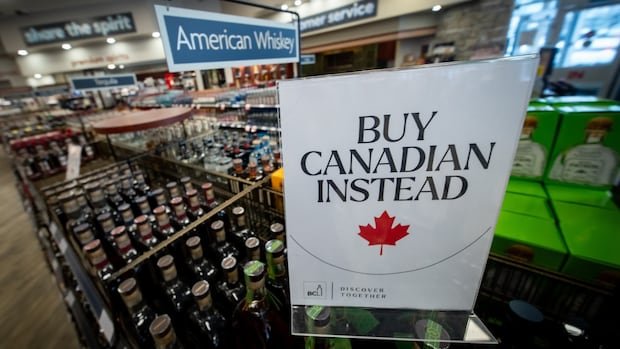U.S. Treasury Secretary Scott Bessent expressed optimism on Monday about the U.S. Supreme Court’s potential support for President Donald Trump’s utilization of a 1977 emergency powers law to enforce extensive tariffs on most trade partners. Bessent mentioned that the administration has a contingency plan in place if the court ruling does not favor their stance.
In preparation for the Supreme Court appeal, Bessent disclosed that he is crafting a legal brief for the U.S. solicitor general to emphasize the critical need to address long-standing trade imbalances and curb the influx of lethal fentanyl into the U.S.
Following a split decision by the U.S. Court of Appeals for the Federal Circuit, which deemed most of Trump’s tariffs as unlawful, the court allowed the tariffs to remain effective until October 14, providing the administration with an opportunity to present an appeal before the Supreme Court.
The ruling specifically addressed the legality of the tariffs imposed by Trump in April under the guise of “reciprocal” tariffs and another set of tariffs issued in February against China, Canada, and Mexico to combat fentanyl imports. However, the court ruling does not impact tariffs imposed under different legal frameworks, such as the steel and aluminum tariffs.
Trump justified his tariff actions, including recent levies, under the authority of the 1977 International Emergency Economic Powers Act (IEEPA), granting the president the power to tackle “unusual and extraordinary” threats during national emergencies.
Regarding ongoing trade negotiations between Canada and the U.S., an initial deadline of August 1 to resolve tariff disputes lapsed without a resolution. Prime Minister Mark Carney subsequently announced the removal of most counter-tariffs on U.S. goods to reinvigorate trade talks, without specifying the key issues at hand.
Bessent voiced his confidence in the Supreme Court’s alignment with Trump’s tariff decisions, emphasizing the necessity of addressing the fentanyl crisis as a legitimate emergency. He also mentioned exploring alternative authorities, such as Section 338 of the Smoot-Hawley Tariff Act of 1930, as a backup option for imposing tariffs against discriminatory trading partners.
Furthermore, Bessent underscored the severity of the escalating trade deficits over the years, portraying them as a potential tipping point that could have severe repercussions if not addressed promptly.
In response to concerns about Trump’s tariffs fostering closer ties among countries like Russia, China, and India, Bessent downplayed the significance of recent gatherings, labeling them as mere displays. He highlighted ongoing efforts to rally European support in pressuring India over Russian oil purchases, while expressing skepticism about China’s ability to find viable markets beyond traditional trade partners.
Bessent refrained from commenting on potential pressure tactics against China, citing challenges for the country in diversifying its export markets outside major economic regions.

